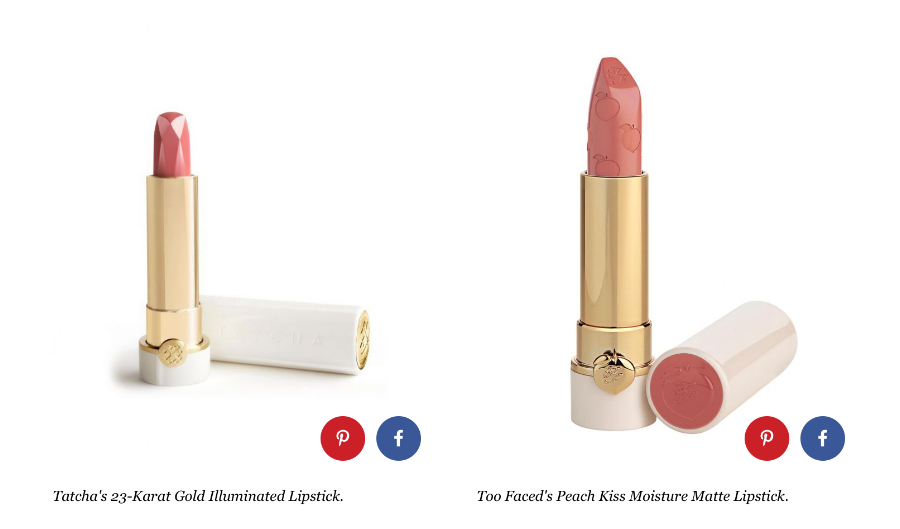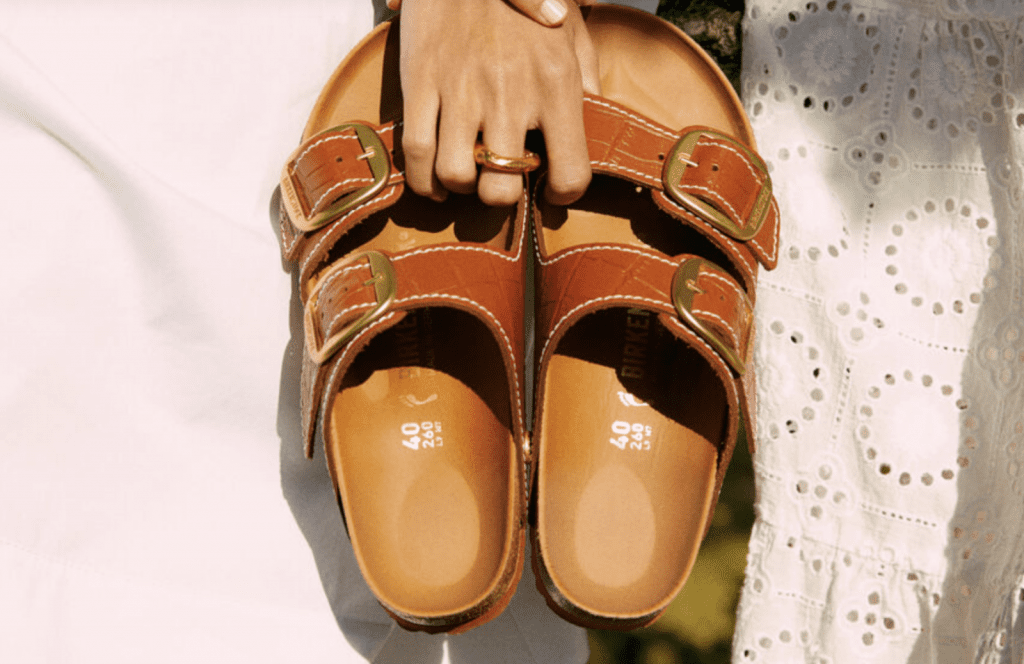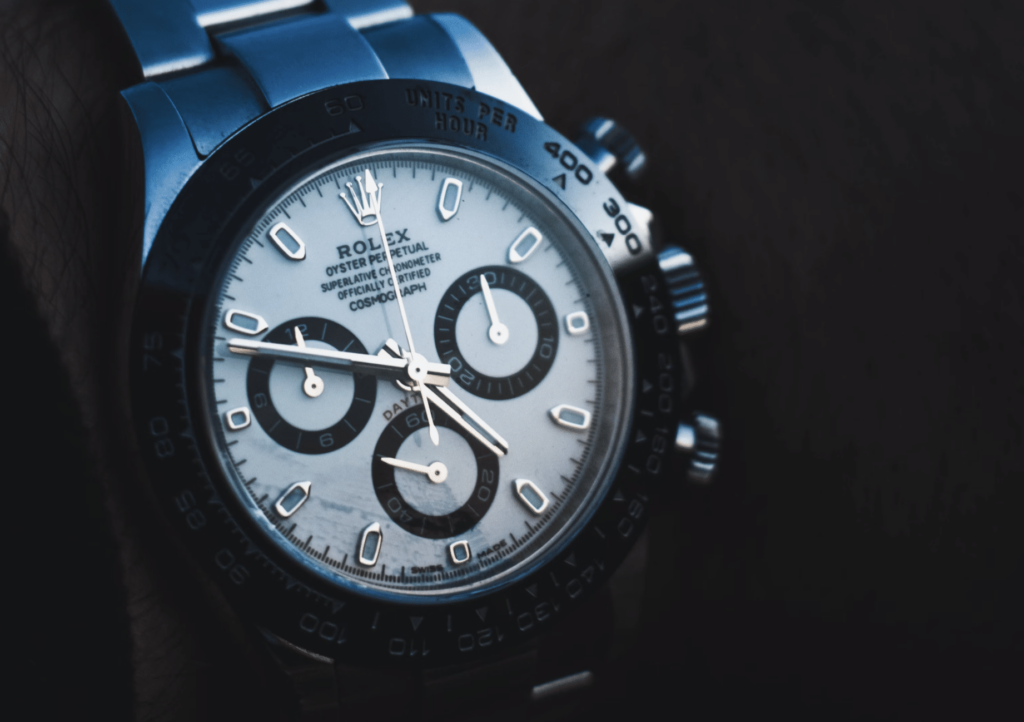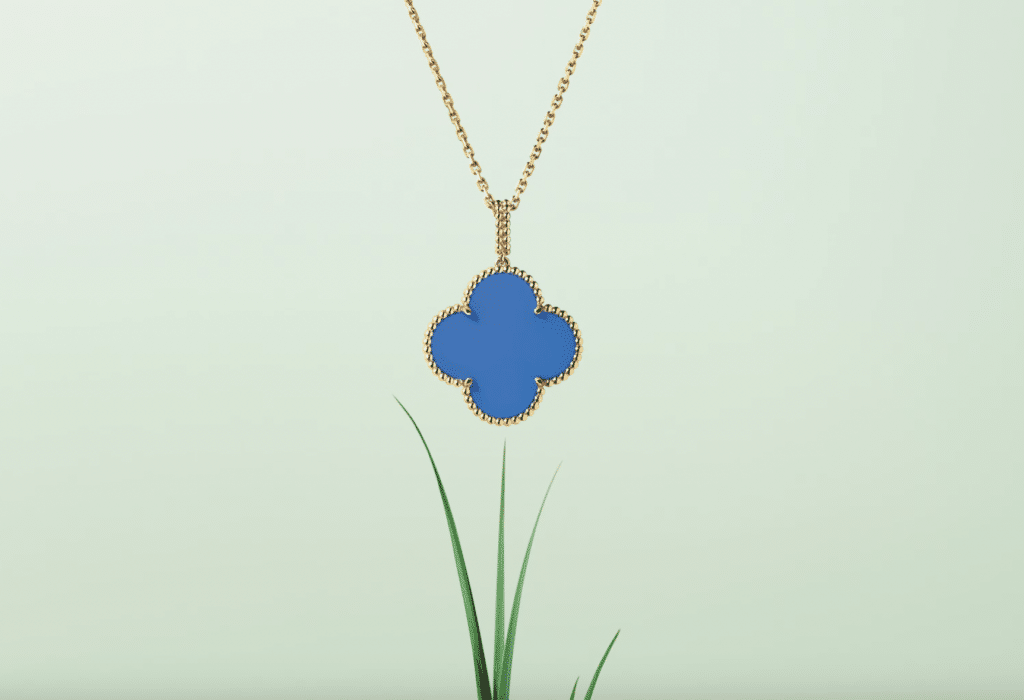Not only lower-priced beauty companies are aiming to profit from the demand for dupes, a practice that has proven immensely popular in the beauty industry as of late, established names are, too, according to a new lawsuit filed against Estee Lauder. Tatcha, a Japanese-inspired cosmetics company, filed suit against Estée Lauder-owned brand Too Faced in the U.S. District Court for the Northern District of California, a federal court in San Francisco, alleging that Too Faced is set to release a collection of lipsticks that “use and/or imitate Tatcha’s inherently distinctive trade dress.”
Tatcha sets forth in its complaint that Too Faced has teased imagery of its impending new collection, which bears packaging that looks a whole lot like what Tatcha has been using for the past several years. “Too Faced has added a gold band and logo medallion at the closure [of its lipsticks], added a molded logo plate at the top, and significantly adjusted the dimensions and placement of its tube indentations to mimic [Tatcha’s] distinctive Trade Dress,” per the complaint.
Product packaging, such as lipstick tubes, powder compacts, and the individual boxes that house cosmetics (or any other product for that matter) – and even a brand’s specific shopping bags – are protectable by law. Trade dress is a type of trademark law that extends to the configuration (design and shape) of a product itself, as well as its distinctive packaging.
For many consumers, product packaging is part of what sets a particular product apart from the competition in a brick-and-mortar store or on an e-shelf. As such, companies invest heavily in creating distinctive product packaging designs and spend years encouraging consumers to associate their brand with its packaging. To protect this investment and prevent competitors seeking to piggyback from the consumer association between a brand and its packaging (think: Tiffany & Co.’s famous “Tiffany blue” boxes or Louis Vuitton’s until-recently deep brown bags), trade dress law provides protection and remedies.

And the similarity of the packaging of Too Faced’s new collection is not lost on consumers. According to Tatcha’s suit, comments on Instagram – a popular form of evidence used by trademark owners to show consumer confusion (the key inquiry in a trademark or trade dress infringement matter) – prove that there is a likelihood that consumers will be confused by the new packaging. It highlights at least one comment that reads, “The lipstick has the exact same packaging as the [new] Tatcha lipstick, lol.”
A Bigger Trend
The lawsuit at hand joins a larger of beauty brand – or dupes as they are being called in this specific context. Drug store brands are churning out $7 versions of $40 designer lipsticks that not only bear the same shade as the original, but also make use of look-alike product packaging and sometimes, even similar style names.
Not unlike fast fashion, which falls in a space of legally permissible copying, much of the market’s dupes are perfectly legal – brand owners cannot, after all, claim copyright protection for the idea of a lipstick or a generic pink blush, and certainly cannot initiate trademark proceedings over a rival’s use of descriptive terms, such as “nude,” “highlight,” or “shine” — commonly used cosmetics terms.
However, brand owners do likely have some recourse when these dupe-offering companies re-create other brands’ packaging, something that clearly falls within the bounds of trade dress protection. They also likely have legal grounds to initiate litigation if original designs of makeup palettes, bottles, or brushes are replicated, as this could give rise to trade dress infringement claims.
While certainly not the price differential of a Chanel powder ($72) and a drug store brand version ($roughly 12), here it seems that Too Faced is still hoping to draw in consumers and bank on the difference in retail price of its lipsticks ($22) and those of the more expensively priced Tatcha, which sells lipstick for $55.
The proliferation of dupes is only gaining steam – and this suit, among others, indicates that not only drug store brands want in on the action, but more established beauty brands with higher price points are game, as well.
* This case is Tatcha, LLC v. Too Faced Cosmetics LLC, 3:17-cv-04472 (N.D.Cal).











